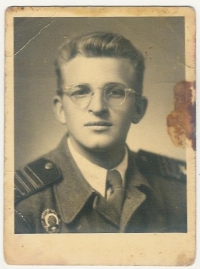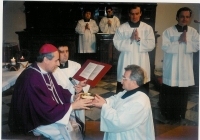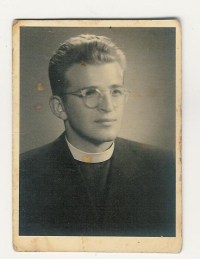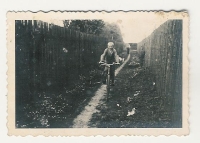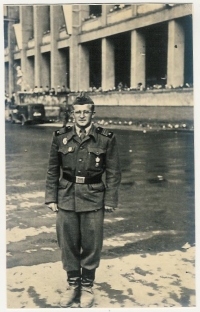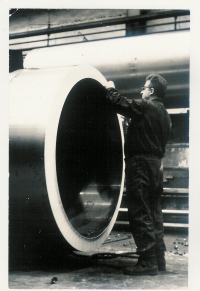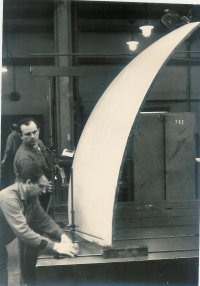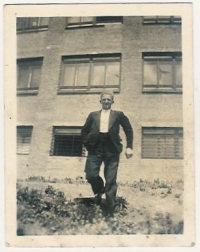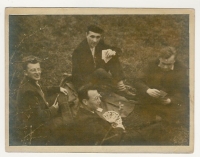He was arrested for his poems, he was not allowed to finish his theology studies
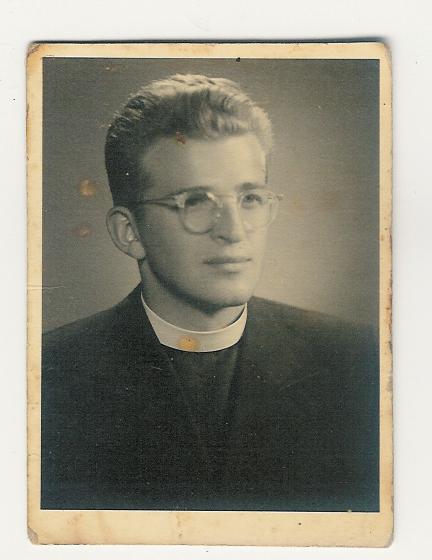
Download image
Josef Havlát was born on 27 January 1933 in Vidonín near Velká Bíteš into a farming Catholic family as the youngest of five siblings. His father took care of the farm, his mother was a housewife. Thanks to the influence of the local parish priest, Josef Havlát headed for the Archbishop’s Grammar School in Kroměříž after attending the municipal school. During the Protectorate, the grammar school was closed, and students were not able to finish their studies until after the war. After February 1948, when the pressure of the communist regime on the Catholic Church began to increase, the situation in the school changed radically. In 1952, some students were secretly offered to go abroad illegally to study. Josef Havlát did not want to emigrate and after graduation he went to work at the Brno Zbrojovka factory. In 1953 he started his military service of two years. After his return, he was not allowed to work in the armaments industry due to a bad cadre report, so he started working as a roofer at Královopolské strojírny in Brno. At that time he decided to become a priest and began to study at the theological faculty in Litoměřice. After two years he was arrested by State Security at home in 1957 and taken into custody in Uherské Hradiště. The interrogations concerned his allegedly anti-state and freethinking poems, which were found in the home of a friend from his studies. Josef Havlát left the court in Uherské Hradiště with a sentence of 14 months and a ban on theological studies. After the sentence was pronounced, he was transported to Hradec Králové and then to the dungeon in Valdice, where he met many of the clergy imprisoned at the time, as well as the German general Rudolf Toussaint, who signed the surrender of German troops in Prague in May 1945. From Valdice, Havlát was escorted to the labour camp in Teplá near Mariánské Lázně, where he worked manually. After the end of his sentence, he returned to the Královopolské strojírny (Machine Works) and gradually worked his way up to forging machinist. In 1961 he married and had two sons, Petr and Pavel, both of whom later went on to become priests. After 1989, Josef Havlát became a member of the Confederation of Political Prisoners, completed his theology degree and became actively involved in church life as a deacon. He retired in 1993, and he and his wife moved to the parish in Velké Němčice in South Moravia, where his son Petr served as a priest. Josef Havlát was honored as a participant in the anti-communist resistance. He died on 29 June 2019.

